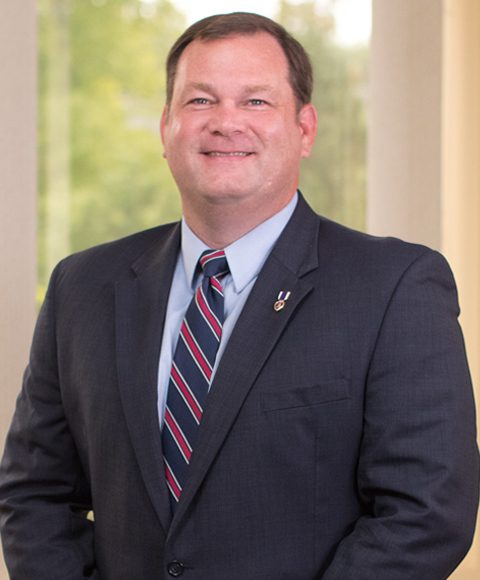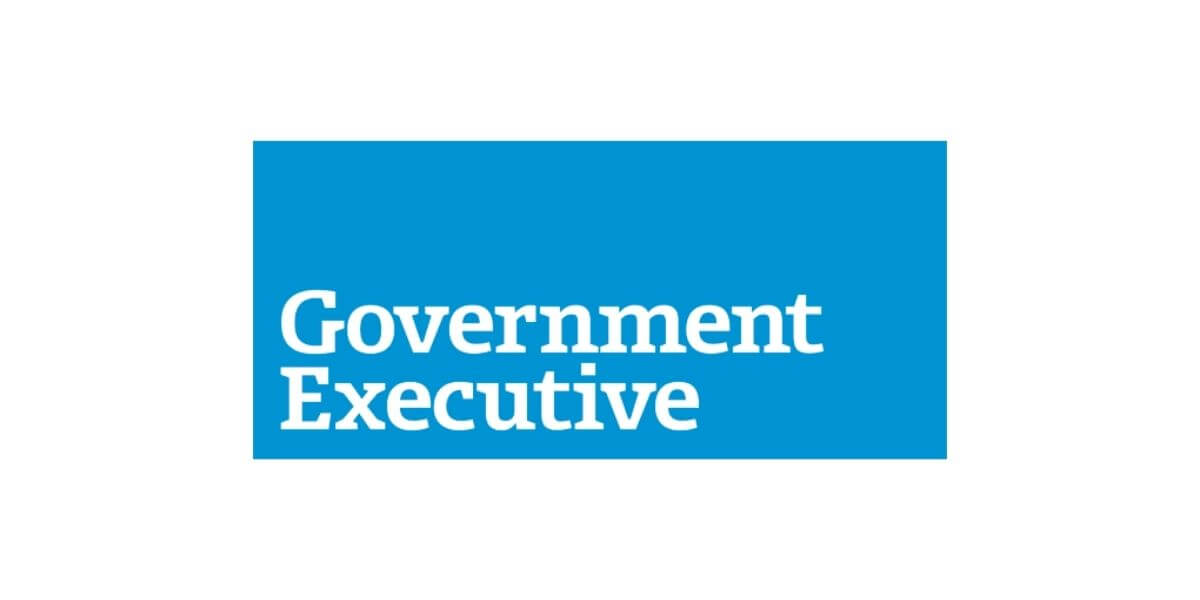Veterans in the Capital Region say they feel torn over President Joseph R. Biden’s plan to fully withdraw U.S. troops from Afghanistan by Sept. 11, ending America’s longest war.
The decision evokes a sense of unease for those who served in Afghanistan and leaves the families of soldiers who died overseas now wondering what their loved one’s sacrifice was worth.
“On the one hand, why did my son die?” said Carrie Farley, president of the Capital Region chapter of American Gold Star Mothers. “In World War II, we won. We came home, we had the parades, we welcomed our soldiers, we rebuilt with our soldiers.”
After nearly two decades of U.S. military presence in the Central Asian country, there is a new generation that doesn’t recall the Sept. 11 terror attacks that triggered a combined two decades of war in Iraq and Afghanistan, Farley said.
Farley’s son Staff Sgt. Derek Farley, who would have been 35 this year, was a sophomore in high school when a pair of hijacked airplanes rammed into the twin towers killing thousands of Americans on U.S. soil.
The soldier from Nassau died trying to defuse a roadside bomb in Afghanistan on Aug. 17, 2010, just two weeks before he was set to return home.
Like many of his generation, Derek was swept up in the surge of patriotism that followed the Sept. 11, 2001, terror attacks, his mother said.
Derek loved being a soldier and saved many lives, but after two decades, it’s clear democracy has failed to take hold in the region, Farley said.
“As a mother, it’s time” for American troops to come home, she said.
The U.S. military effort in Afghanistan began in 2001 with a mission to topple its Taliban government, which had granted sanctuary to al Qaeda, the perpetrators of the 9/11 attacks.
A relatively brief and targeted combat mission was followed by a years-long “nation-building” effort seen by many foreign policy experts as a failure.
U.S. soldiers worked with Afghan locals to establish schools and provide humanitarian aid while helping the Afghan army fight off insurgent groups.
A deadly attack on a girls’ school in Kabul over the weekend has some veterans anxious about the potential consequences of a full military withdrawal during such a tenuous time.
“That happened on our watch,” said Paul Fanning, a retired lieutenant colonel and former state public affairs officer for the New York Army National Guard. “I pray for these people, I really do … I hope we are still in a position to provide emergency help down the line. ”
Still, Fanning said, “We always knew, back in the day, that Afghanistan would have to come up with its own solution to its challenges. And it’s got to be an Afghan solution, not a U.S. one.”
The 9/11 attacks also shaped Lt. Col. Mathew B. Tully, a founding partner of the Tully Rinckey law firm in Colonie. Tully, whose military career dates back to 1991 when he joined the Hofstra University ROTC, barely escaped his Morgan Stanley office in the World Trade Center after the first plane hit on 9/11.
The decorated combat veteran said he has “mixed emotions” about the unsatisfying conclusion to the two-decade war that left him and his peers questioning what exactly was accomplished in Afghanistan after the initial objectives were achieved.
“The military is very well-trained for killing and destroying, but an extended years-long government-building operation, it’s not trained to do that. … Once you get sucked into that, it’s very hard to get out,” Tully said.
Military leaders have warned that a full withdrawal will likely result in the collapse of a fragile U.S.-backed government, providing an opening for the Taliban to regain power in the region. President Biden argues that there never will be a good time to withdraw.
“So when will it be the right moment to leave? One more year? Two more years? Ten more years?” Biden said.
The seemingly endless “War on Terror” for many has echoes of the Vietnam War, which also kept soldiers overseas for years without a clear end game.
Retired Army Maj. Dave Erickson of Knox, who served during the Gulf War, said there was no parallel between that operation, which lasted only months and ended with the U.S. and allies pushing Iraqi forces out of Kuwait in early 1991, and the Afghanistan war, which seemed to drag on indefinitely.
“(Former President) George H.W. Bush Sr. had a vision,” said Erickson, who runs the Junior ROTC program at Albany High School. “We were led by those who had been the junior leaders of the Vietnam war. They swore it would never happen again and they made sure it didn’t.”
There is a distinction in scale. More than 58,000 American troops died in Vietnam while 2,448 U.S. military personnel in Afghanistan have died since 2001.
Tully, who worked in the Afghan interpreter program in 2012, said he’s concerned about Afghans who worked with Americans and their families “who have a high chance of being slaughtered” if the Taliban retakes control.
Roughly 17,000 former Afghan interpreters and their families are still waiting for their U.S. immigrant visas to be approved, according to No One Left Behind, a nonprofit that advocates for them.
Tully also thinks of those who died, like Maj. Gen. Harold J. Greene, a two-star general who grew up in Guilderland and was killed in an attack on his base, and Todd Clark, a Purple Heart recipient and Christian Brothers Academy graduate who died at the hands of one of the native soldiers he was there to train. Greene was the highest-ranking military officer to be killed since the Vietnam War.
During his deployment, Tully received a Purple Heart for wounds he sustained when he and his unit were attacked by insurgents using a car bomb on Aug. 7, 2012.
“It’s a meaningful accomplishment that we were able to destroy that hotbed of terrorist activity, we were able to prevent further attacks on American soil by being there,” Tully said. “Whether or not that accomplishment outweighed the harm and damage caused by our presence, I guess the history books will figure out that.”




